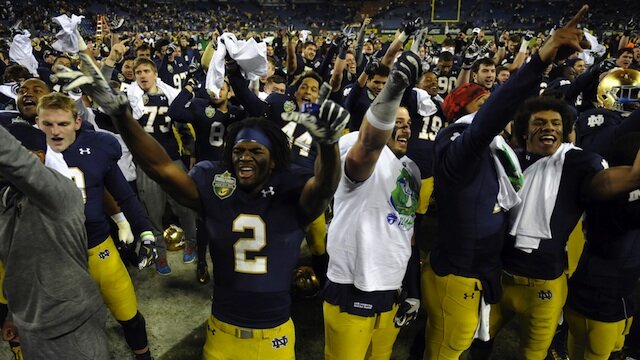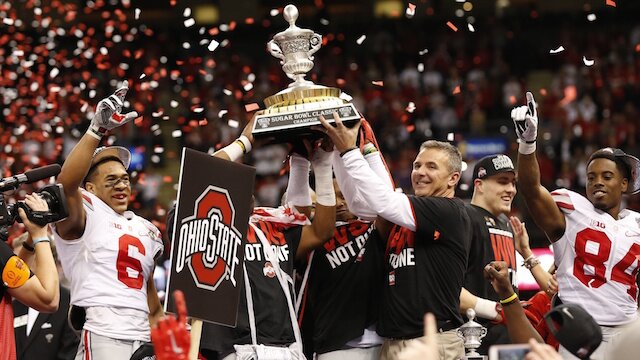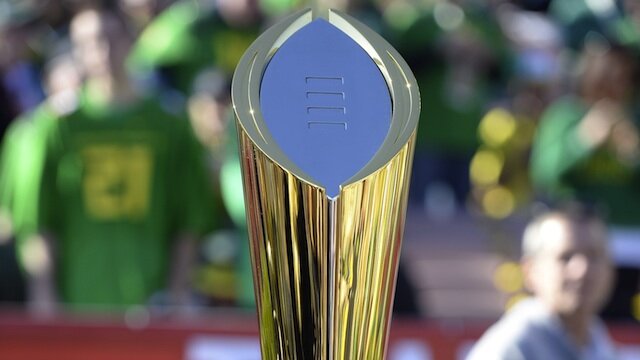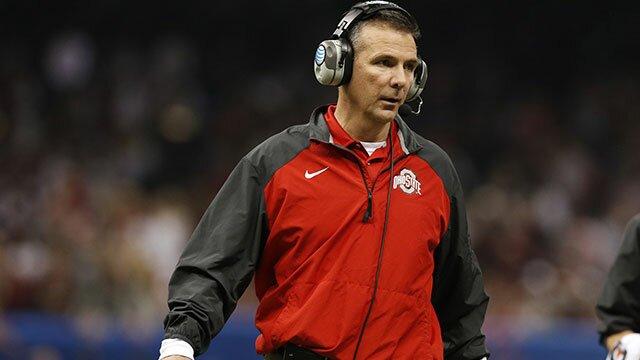College Football Playoff Selection Committee May Be Worse Than BCS
There was plenty of collective rejoicing from college football fans when the BCS, which used to crown a college football national champion for several years, went the way of the cassette tape and was retired following the 2013 season. In its place, the College Football Playoff promised a “true” champion by pitting the country’s four best teams in a playoff to find the nation’s best team on the field. But after two weeks of the selection committee releasing their rankings, the new system may end up being worse than the one we left behind.
After releasing their second rankings on Tuesday, the Selection Committee set out to defend how they came to their decision. The Mississippi State Bulldogs remained at No. 1 for obvious reasons as MSU has put together an incredible run to start the season behind Heisman Trophy hopeful quarterback Dak Prescott. Behind them, the participants in last season’s national title game, the Florida State Seminoles and Auburn Tigers, round out the top three. FSU continues to extend the nation’s longest winning streak and Auburn has notched impressive early season wins. These spots are not hard to understand.
The issues arise when we get into the fourth and final spot for the College Football Playoff. This week, the Oregon Ducks sit at No. 4 following a huge win over the Stanford Cardinal last week. Then it’s the Alabama Crimson Tide at No. 5 after a bye last week and then the TCU Horned Frogs at No. 6 coming off a wild win over the West Virginia Mountaineers in Morgantown. All three teams have excellent resumes up to this point and each one has a legitimate case as a one-loss team to make the playoff this postseason. Distinguishing between them is no easy task, to be sure.
The selection committee has a difficult task ahead of them, without question. When pressed for how they came up with their rankings this week, however, they revealed that their process is extremely flawed. When defending putting Oregon ahead of Alabama, selection committee chairman Jeff Long said that it was the Ducks’ “body of work” that was the difference maker, citing wins over the Michigan State Spartans and their road win over the UCLA Bruins. Meanwhile, TCU, the highest ranked team out of the Big 12, failed to jump past Alabama despite the Crimson Tide’s bye week because Long said Alabama simply “looked” like the better team.
So in determining the pecking order for the final spot of the playoff, the selection committee used wildly different criteria in the span of just three teams. For Oregon, it was what they had accomplished on the field that set them apart. But for the Horned Frogs, they simply failed the “eye test” despite three wins over ranked opponents, including a 37-33 win over the then-No. 4 Oklahoma Sooners. Alabama, for as good as they “look” on film, has just one win over a ranked team so far this season, a 59-0 shellacking of the Texas A&M Aggies. Even Oregon, with their impressive body of work, has just two wins over ranked opponents, though they have the most impressive of the bunch with their early-season win over the No. 8 Spartans.
Say what you will about the BCS as just about any criticism of the system was justified, but at least that system evaluated every team by the same standard. The computer rankings were confusing and convoluted and often ignored some very deserving teams when it came to naming the top two teams to play for the national title. But the computer rankings were at least uniform and every team was being evaluated by the same measuring stick, however difficult that measuring stick could be to figure out.
After two editions of their rankings, the selection committee is clearly making it up as they go. They are simply a select group of individuals with varying degrees of college football expertise giving their two cents about the best teams in the country. The only thing that separates them from the AP or the Coaches Poll is the reward given out at the end of the season. The more we see and hear from this selection committee, the more and more it sounds like the old days of letting the polls name a national champion at the end of the season, only with a top four rather than a definitive national champion.
In that way, the selection committee has some wiggle room. They have four spots to award out to the best teams in the country to let them figure it out on the field, which everyone agrees is the proper way to crown a national champion. They only have to hope that they get the right team in the mix and they have four opportunities to make that happen. The problem with that, which many people pointed out before this season started, is what happens when there are five or six teams that have legitimate claims to being the best team in the nation. If these past two weeks are any indication, this committee is ill-equipped to distinguish with any clear criteria who deserves that fourth spot in the playoff, creating another system destined for a controversial finish to the season.
The biggest complaint against the BCS was that it did not always recognize the best teams and give them the opportunity to play for the national championship. But the system was well-defined and there were opportunities for non-power-conference teams to make an impact as BCS busters. Fears that this playoff would discriminate against smaller programs worse than the BCS did seem to be coming to fruition. The Marshall Thundering Herd, 8-0 on the season out of Conference USA, continues to be left out of the rankings entirely, failing to crack the top 25 of the College Football Playoff Rankings despite ranking No. 23 and No. 22 in the AP and USA Today Poll, respectively.
The death of the BCS was met with plenty of rejoicing and the college football playoff was supposed to be a breath of fresh air in declaring a national champion. But with the flippant method that the selection committee is distinguishing teams for the final playoff spot, can we be sure that this new system will be any better?
You can follow me on Twitter @ATylerBrett, on Facebook and on Google.
10 Biggest Disappointments From CFB Bowl Season
There is no doubt about it: The SEC was the most disappointing conference during bowl season. Read More
Oregon Football's Don Pellum Deserves Spotlight
The first-year DC for the Ducks is the unsung coaching hero on Oregon’s flight to the CFB Championship Game. Read More
Hill Making Right Move to Transfer From A&M
Texas A&M QB Kenny Hill is making the right move by transferring, as he could certainly use a fresh start. Read More
5 Football Recruits Notre Dame Hopes To Sign
With a little less than a month until Signing Day, the Notre Dame Fighting Irish will look to build off their bowl victory and close the 2015 recruiting class on a high note. Read More
Mariota Will Be Key for Oregon in Title Game
Saying that Marcus Mariota will be the key in the College Football Playoff Championship Game is stating the obvious. Read More
College Football Bowl Season's 10 Biggest Winners
It’s not just about the schools and teams that are winning, but also about the business of college football. Read More
D.J. Durkin A Great Fit For Michigan
D.J. Durkin was a great hire for the University of Michigan. He should be able to take an already good defense to the next level. Read More
Yeldon Wisely Declares for 2015 NFL Draft
With little opportunity to improve his draft stock and with nothing left to prove at the collegiate level, T.J. Yeldon made the right decision. Read More
Beamer Deserves One Final Shot With Hokies
Virginia Tech was just another technology-centric institute until Frank Beamer created a top-15 football culture. Read More
5 Reasons Why CFP System Was Successful This Year
For year many college football fans wanted to see some sort of playoff system, and the College Football Playoff was successful in its first year of existence. Read More
5 Recruits Texas Longhorns Still Hope to Sign
The Texas Longhorns currently have the No. 9 rated recruiting class in the country. Here are five more recruits the team still hopes to sign. Read More
Ohio State's Meyer Doing All-Time Great Job
Imagine a team losing its starting quarterback just before the season began. Add to that the fact that the quarterback was expected to be a Heisman Trophy contender. Read More
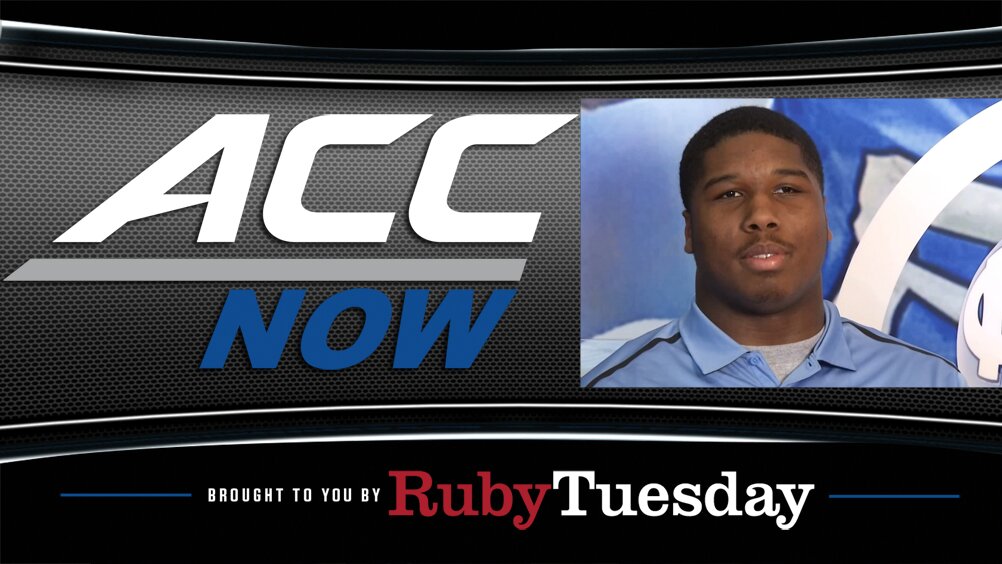

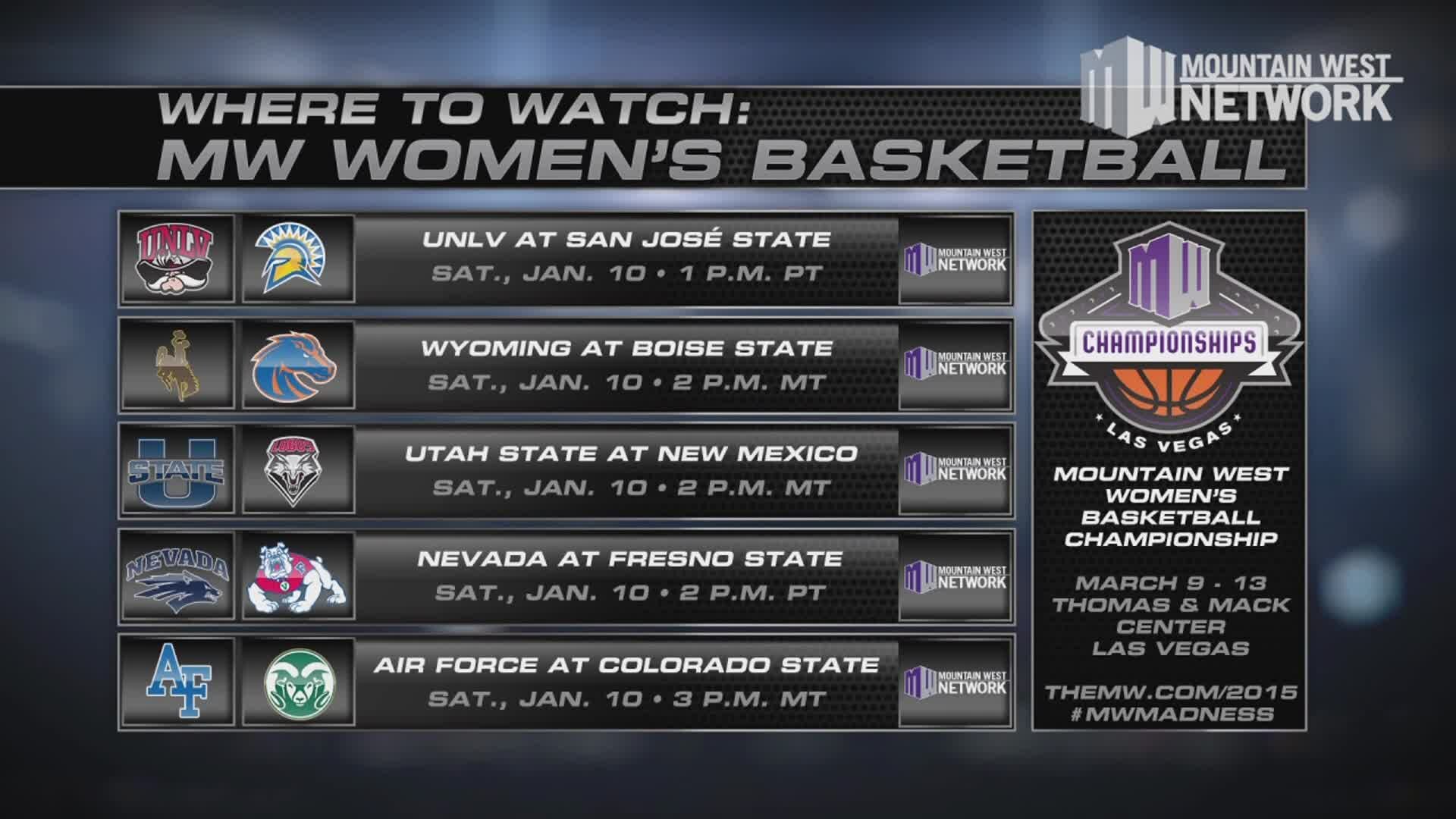


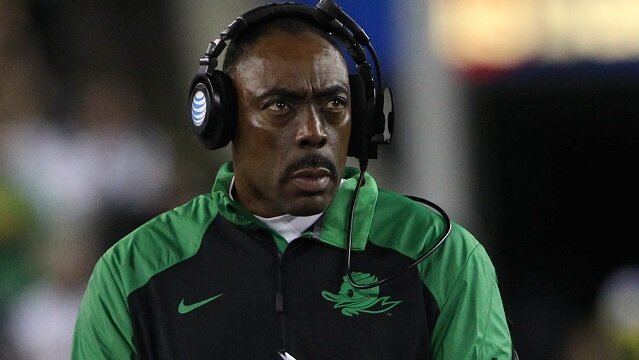

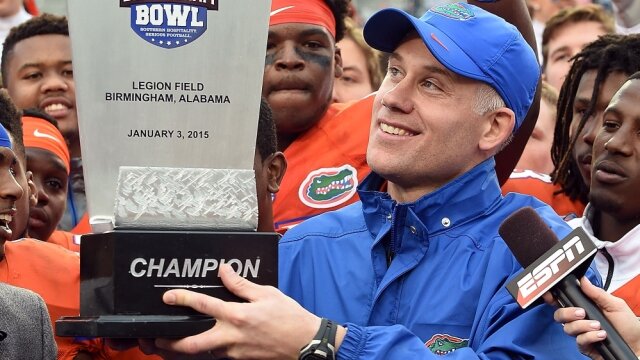

 @atylerbrett
@atylerbrett 


